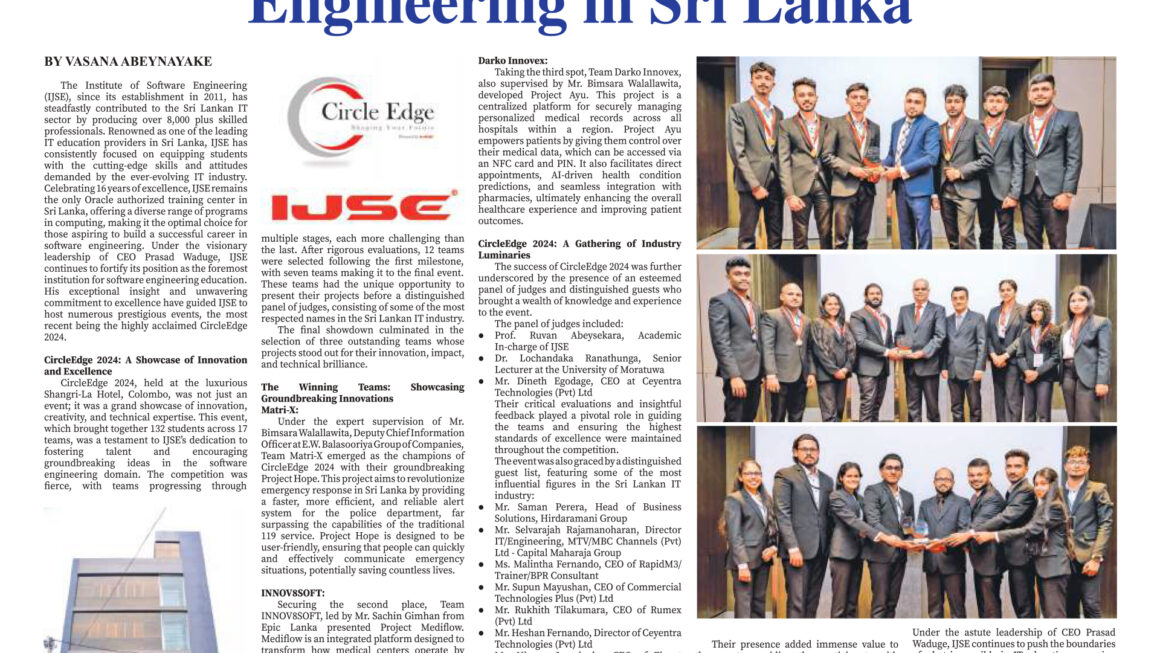COVID-19 has affected education changing the way of learning as we know it. This situation has affected about 1.6 billion learners in 190 countries and all continents around the globe.
Due to the circumstances, the education sector all around the world is forced to adapt to adequate learning methodologies to prevent students from being vulnerable to infection of the virus. The most common approach by education service providers is online learning methodologies.
But of course, the method has its flaws, however, it is the best possible method followed by educators globally. In a developing country like Sri Lanka, a noticeable number of students tend to have a hard time accessing online resources. Connectivity problems, inability to afford the data cost, and not having a suitable environment in their homes to attend an online lecture can be considered a few of the most common inconveniences students tend to face. This includes having a lack of technical knowledge to access online resources too. However, this issue does not apply to students related to the ICT field.
The above reasons, lack of engagement during online lectures, and many other similar reasons can increase the rate of dropouts from programs exponentially. Additionally, there are career-related skills that you cannot quite gain from staring at a screen or referring to study materials. Laying out the facts, education during the pandemic is indeed a challenge.
However, “The policy brief: Education during COVID-19 and beyond by United Nations” which was published in August 2020 suggests that students should have equal rights when it comes to education and explains the impact on education due to COVID-19.
The Academic Division and the Training & Development division of IJSE are currently employing a versatile method to avoid the above-mentioned complications and to accommodate the learning needs of every single student.
This advanced process includes,
- Rapid evaluations after online sessions.
- Holding the same lecture physically for smaller groups over and over again until all the students of the respective batch cover the needed content.
- Interactive online sessions.
- Individual student progress monitoring system.
- Online industrial training.
- Special physical classes for the under-performing students. Etc.
The current academic statistics of the institution indicate that the drop-out student rate and the under-performing student rate have been significantly reduced. Additionally, the drawbacks that remote learning methods have been minimized.
This process requires lots of manpower and serious COVID prevention measures to ensure that the physical sessions will not put the students or the academic staff at the risk of getting infected. That said, IJSE put the quality of education first despite the circumstances. The challenges are for people to overcome and let’s not let COVID affect your education, your future nor the future of the country. We at IJSE wish every success to all the students out there.




